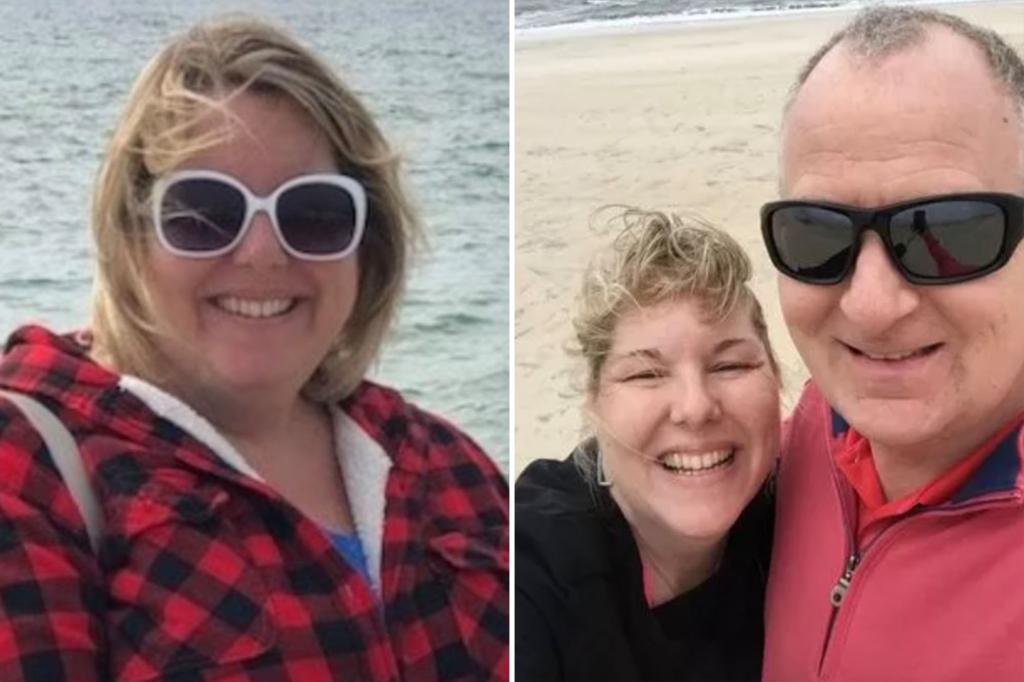Arlene VonMyhr, a 55-year-old grandmother from Michigan, passed away from a rare degenerative brain disorder similar to mad cow disease that has a 100% fatality rate with no cure. The onset of her symptoms began after celebrating the University of Michigan football championship victory and quickly progressed, leading to multiple visits to the emergency room with speech and balance issues. Sadly, her health declined rapidly, and she passed away in February.
Doctors at Metro Health eventually diagnosed VonMyhr with Creutzfeldt-Jakob Disease (CJD), a rare degenerative brain disease that is always fatal and has no cure. This disease primarily affects older adults and is caused by misfolded proteins that lead to dementia-like symptoms such as memory loss, speech problems, and balance issues. Unfortunately, those afflicted with CJD deteriorate rapidly and usually pass away within a few months.
While the exact cause of CJD is not completely understood, researchers believe that it is related to proteins known as prions that cause brain cells to die. Approximately 85% of CJD cases are sporadic, meaning they occur without a known cause, while the rest are due to genetic mutations of the prion protein. Additionally, less than 1% of cases are due to consuming tainted beef from animals with mad cow disease, although the two diseases are not the same.
In the United States, CJD affects one to two people per one million annually, with a higher risk among individuals aged 55 and older. While there is currently no cure for CJD, a treatment tested among British patients showed promising early results, and a clinical trial is underway in the US. The Centers for Disease Control and Prevention are aware of the Michigan case and suggest that multiple cases of sporadic CJD may occur in a particular area purely by chance.
Although data shows an increase in annual CJD cases over the past two decades, the rate remains relatively stable when adjusted for age. Despite the rarity of the disease, VonMyhr is advocating for more awareness, research, treatment, and ultimately a cure for CJD. By sharing his wife’s story, he hopes to bring attention to the devastating impact of this aggressive and debilitating illness and encourage efforts to find a solution.














